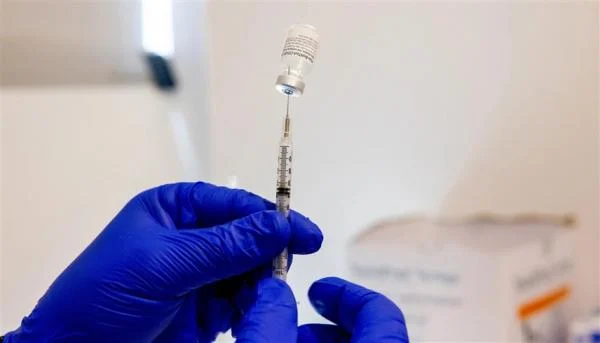After Moderna announced promising results from the first human trial of the mRNA-4359 vaccine, cancer vaccines are a step closer to becoming a reality. The trial was conducted on 19 patients with advanced solid tumors, using between one to nine doses of the vaccine. Preliminary results showed that tumors did not grow, and no new tumors appeared in 8 out of the 16 patients evaluated.
The mRNA-4359 vaccine is based on the messenger RNA (mRNA) technology previously used in COVID-19 vaccines, teaching the immune system how to differentiate between cancerous cells and healthy cells, prompting it to destroy the cancerous cells. Researchers confirmed that the treatment was well tolerated, with no serious side effects, which the Independent described as an “important first step” towards developing a new treatment for advanced cancers.
The mRNA-4359 vaccine targets cancer patients suffering from specific types, such as advanced skin cancer, lung cancer, and other solid tumors. Kyle Holin, Senior Vice President of Health, Development, and Oncology at Moderna, explained that the results demonstrate the vaccine’s ability to elicit strong antigen-specific T-cell responses while maintaining a controllable safety profile.
This approach relies on using a sample of the tumor along with DNA sequencing and artificial intelligence to design a personalized vaccine for each patient. Moderna’s vaccine trial is one of several studies aiming to test the effectiveness of vaccines designed to combat cancer, including BNT116 from BioNTech, which is being tested at 34 research sites across seven countries.
